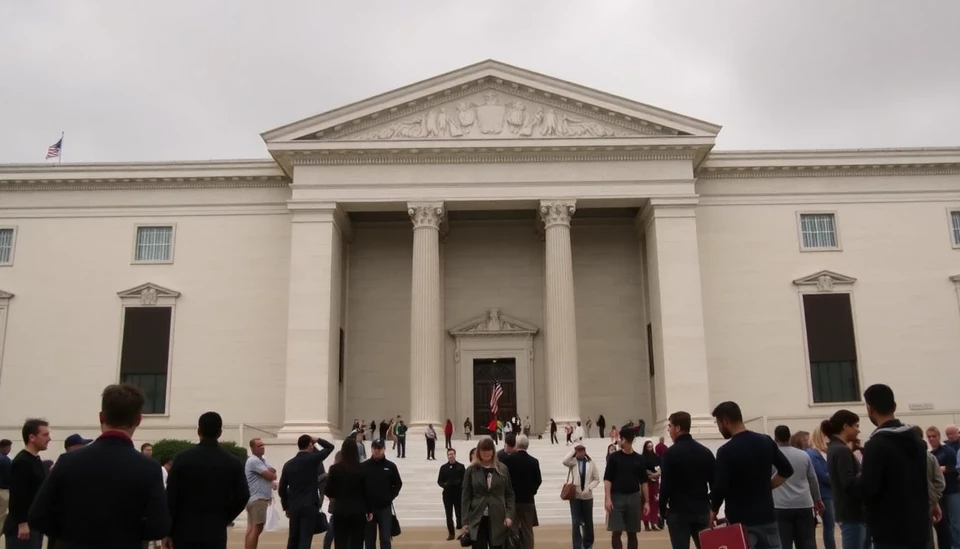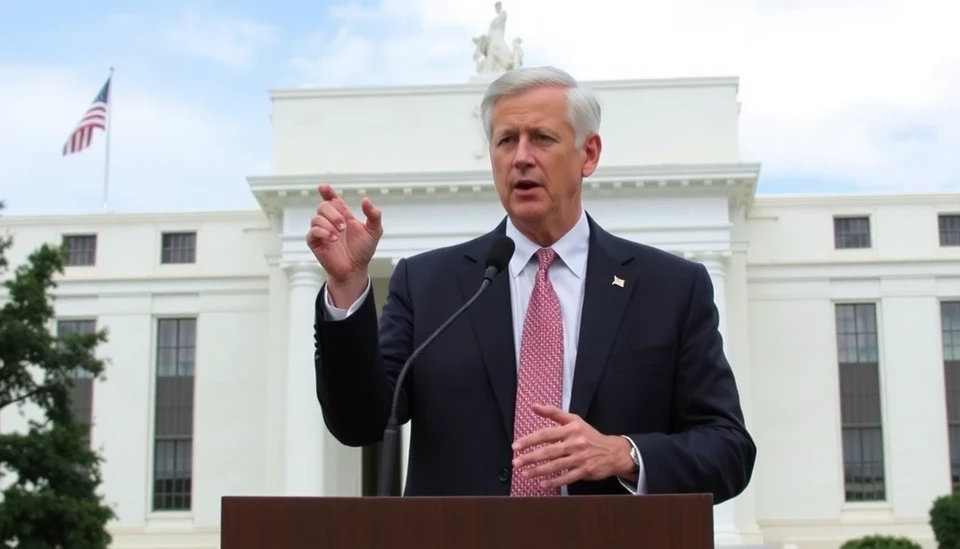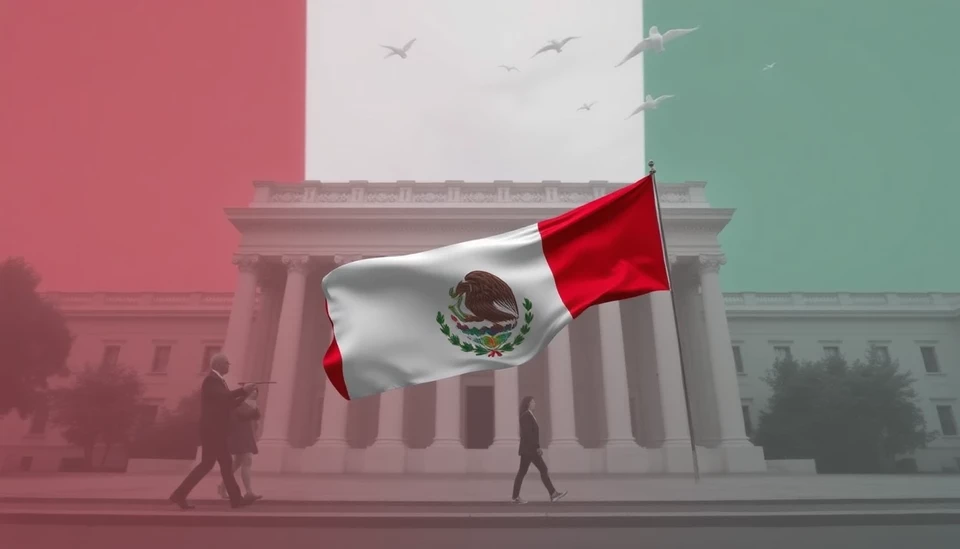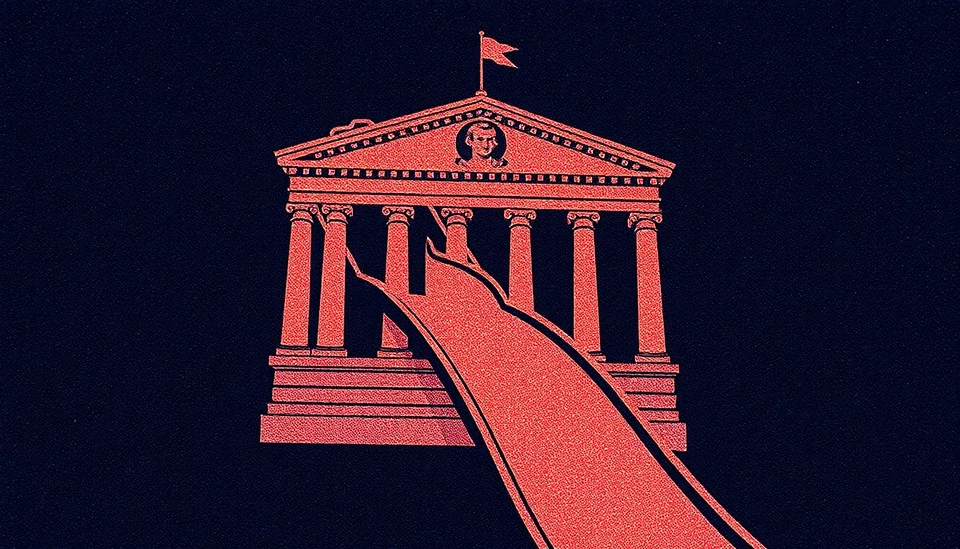
Recent findings from the Federal Reserve indicate a slight decrease in U.S. consumer inflation expectations, showcasing a nuanced perspective on economic sentiments following volatile market conditions. The Fed's Survey of Consumer Expectations has pointed to a drop in the one-year inflation forecast, which now rests at 4.2%, down from the previous 4.5% reported in October. This subtle shift, while indicative of some positive sentiment, still reflects a broader concern regarding inflationary pressures that have gripped the economy.
The Federal Reserve's data, published alongside other economic indicators, suggests that while short-term inflation expectations are easing, longer-term expectations have remained relatively stable. Specifically, the three-year outlook remains unchanged at 3.1%, and the five-year outlook at 2.8%. This duality in consumer expectations highlights a complex sentiment toward the future economic landscape, with consumers cautiously optimistic yet acutely aware of persistent inflation challenges.
In addition to inflation expectations, the survey has also examined consumer sentiment regarding income growth and spending habits. Notably, respondents reported an improved outlook on income growth over the next year, with expectations rising from 3.0% to 3.2%. However, concerns linger regarding the broader economic environment, as inflation continues to impact financial decisions and lifestyle choices of American consumers.
Some experts interpret the Fed's findings as a signal of a potential less aggressive approach to monetary policy in the near future. If inflation expectations continue to stabilize, it could pave the way for the Fed to reassess its strategies previously geared toward curbing inflation. This would be a notable shift, considering the aggressive rate hikes seen over the past year aimed at combating soaring prices.
Market responses following the survey's release exhibited a mix of optimism and caution. Investors are closely watching these developments, as changes in inflation expectations can significantly influence interest rates and broader economic policy. The upcoming Fed meetings will likely address these shifting consumer sentiments and economic indicators in light of maintaining inflation control while fostering economic growth.
As the economic landscape evolves, stakeholders from consumers to policymakers remain keenly attuned to shifts in inflation expectations, which will undoubtedly influence decision-making in both public and private sectors. The progression of these economic indicators will be pivotal in shaping the strategic direction of U.S. fiscal policy in the coming months.
#Inflation #USEconomy #FederalReserve #ConsumerExpectations #InterestRates #EconomicTrends #MarketAnalysis
Author: Laura Mitchell




